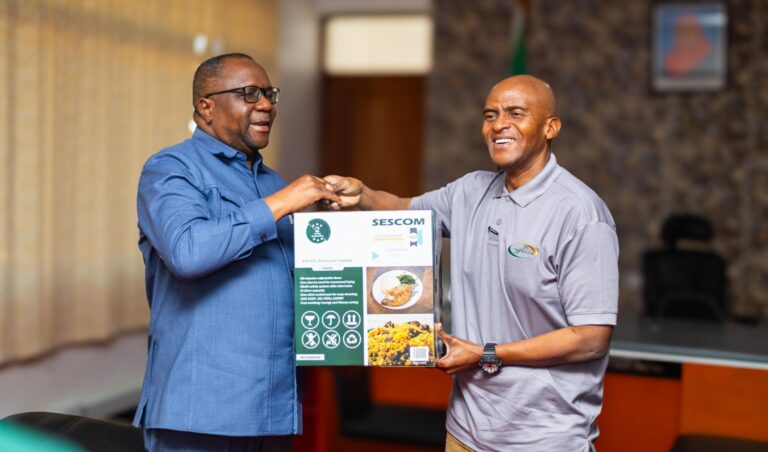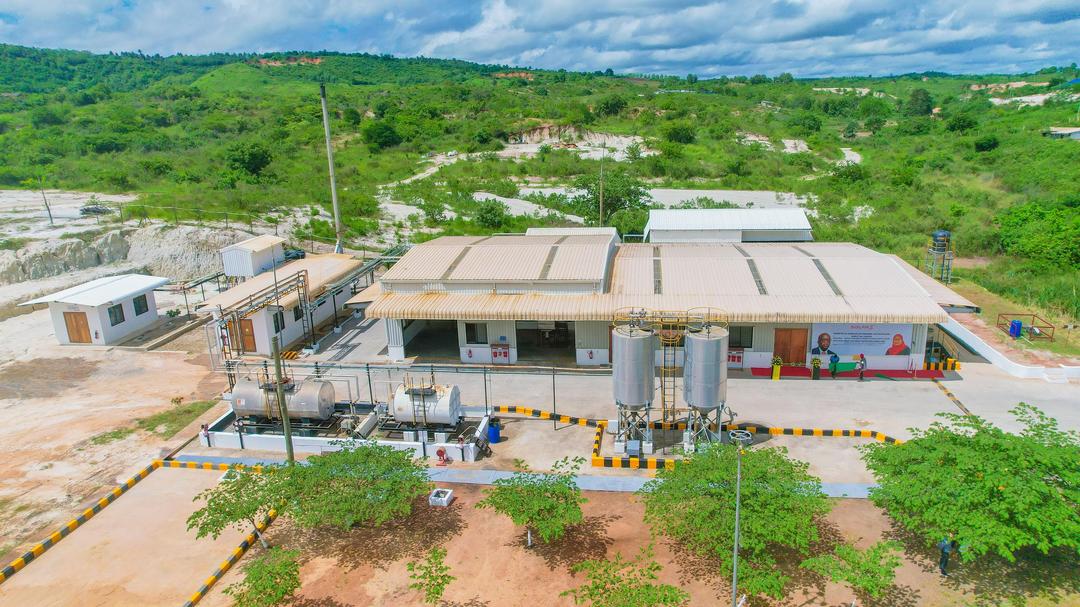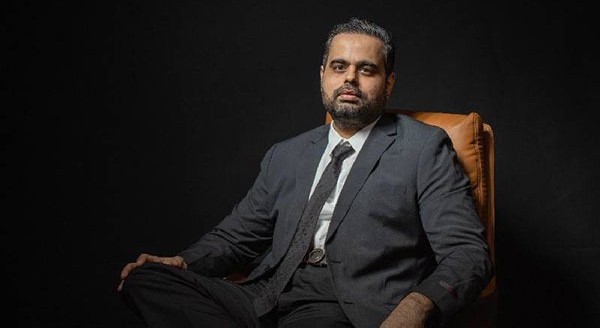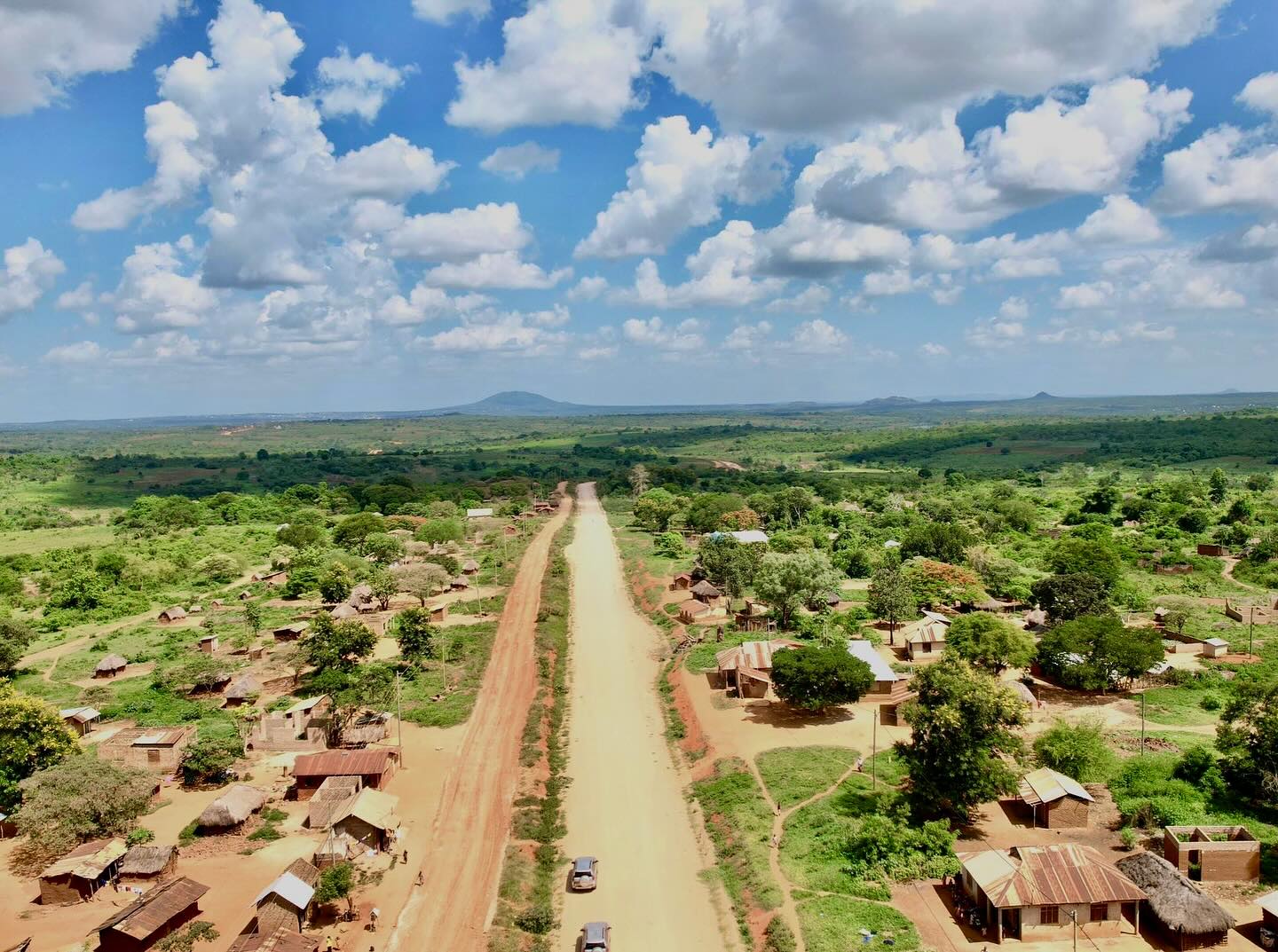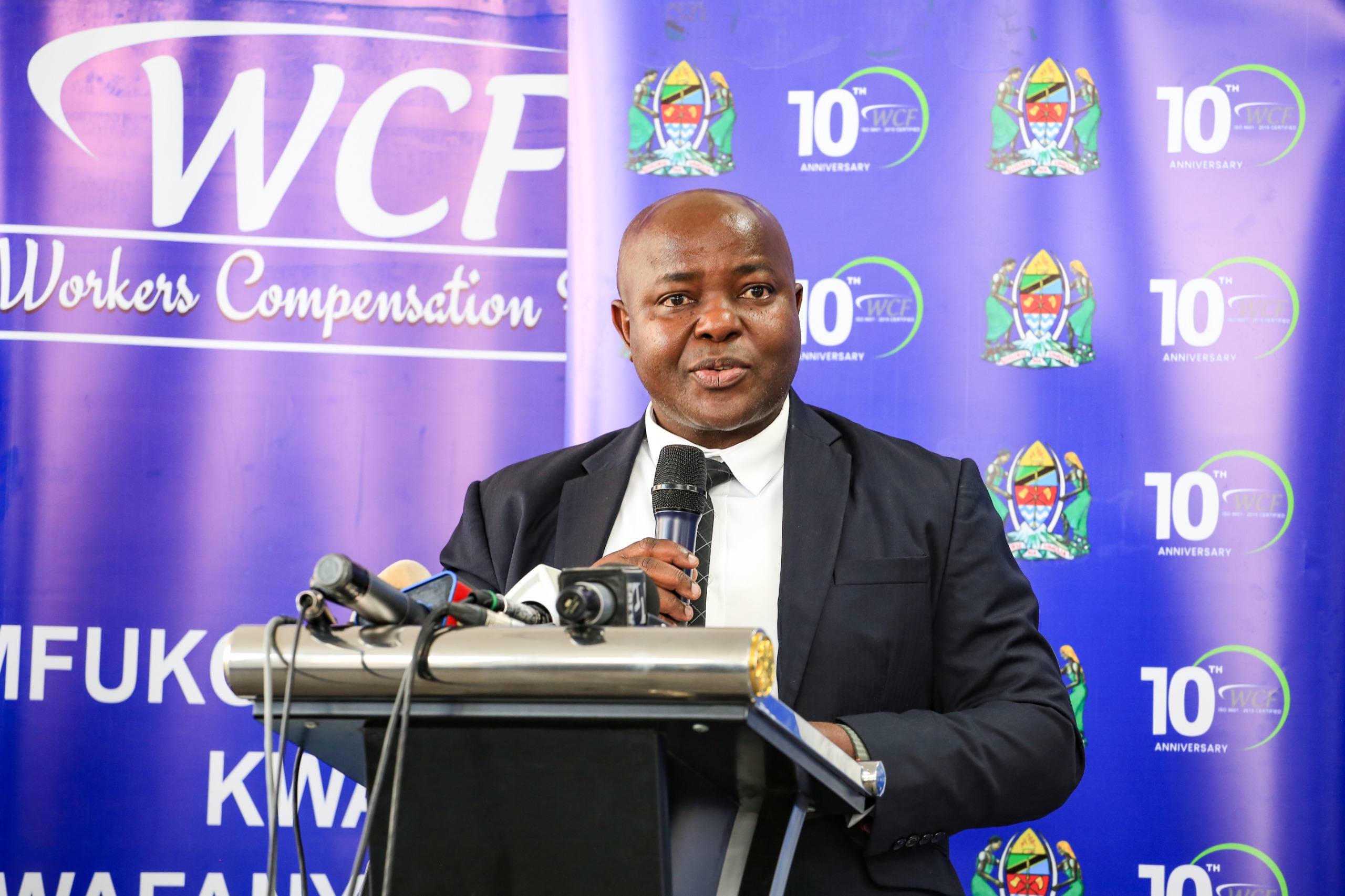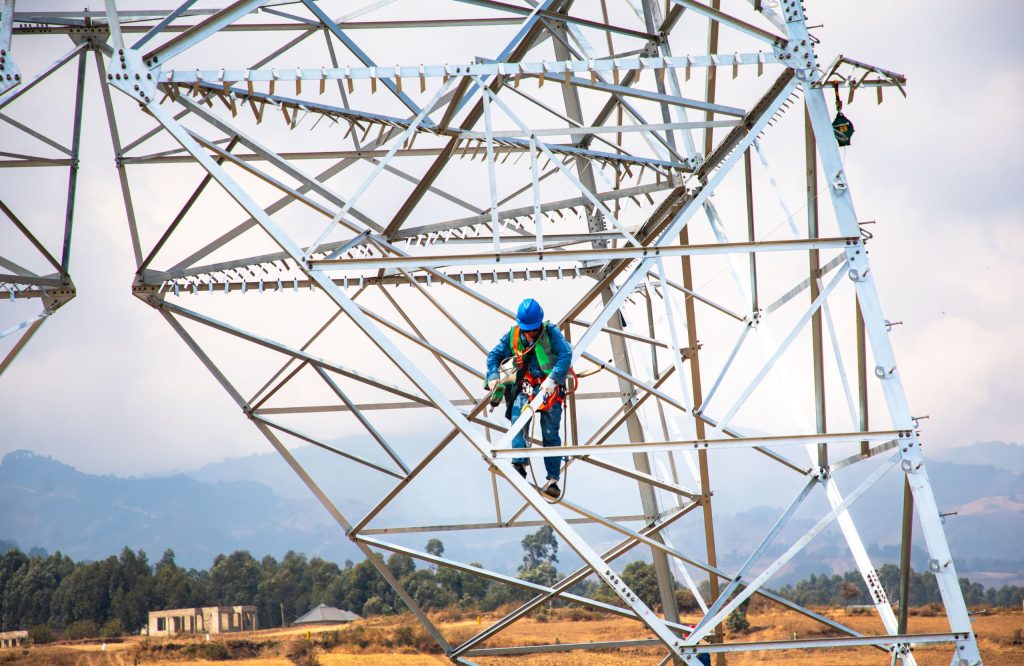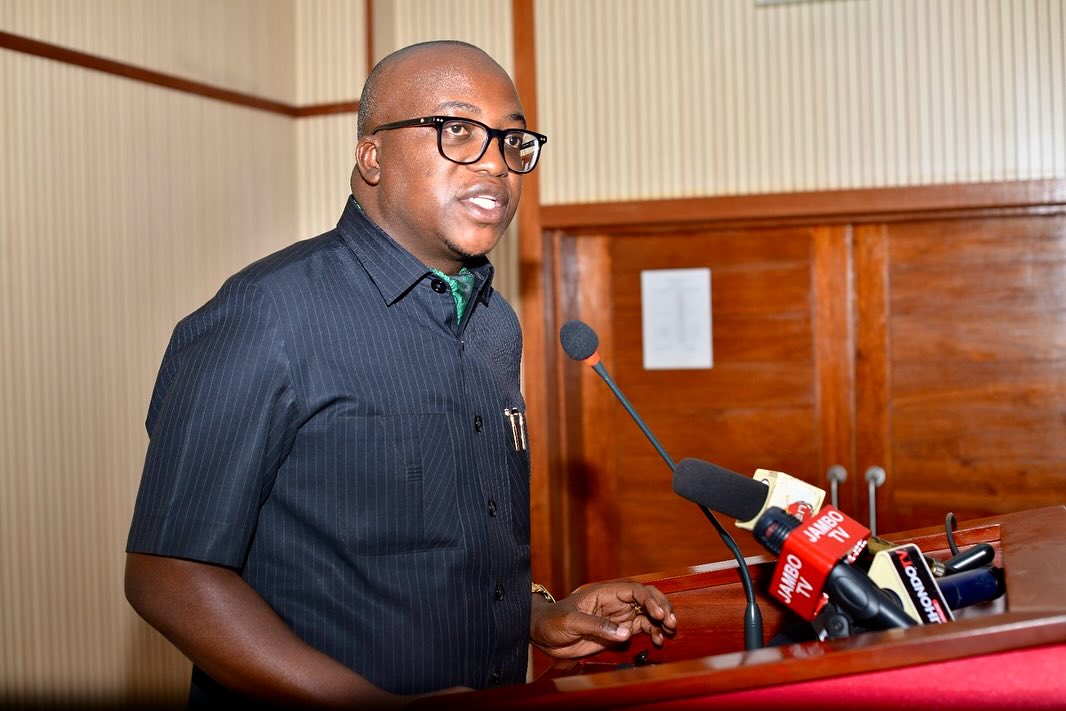Shinyanga. The Tanzania Electric Supply Company (Tanesco) has stepped up its campaign to promote clean cooking through electricity, even as cost concerns and infrastructural limitations continue to hamper wider adoption among households.
During a tour of electricity projects in the Lake Zone, Tanesco managing director, Lazaro Twange, took the opportunity to advocate for the use of energy-efficient electric cookers, urging regional and district government leaders to take the lead in embracing the technology.
In stops across Shinyanga, Mwanza, and Simiyu, Mr Twange distributed electric cooking stoves to five government officials, including Shinyanga Rregional Commissioner, Anamringi Macha, and Mwanza Regional Commissioner, Saidi Mtanda.
The symbolic handover was part of Tanesco’s ongoing public education campaign on clean energy, particularly in line with the national agenda of phasing out biomass-based cooking.
“These stoves consume relatively little electricity,” said Mr Twange.
“We want government leaders to experience this for themselves so that they can become effective advocates in their respective communities.”
The campaign aligns with President Samia Suluhu Hassan’s directive to increase the uptake of clean cooking energy as a means of protecting the environment and improving public health.
However, while the intention is widely welcomed, implementation faces obstacles.
Many households in the Lake Zone—like in other parts of Tanzania—remain sceptical of cooking with electricity, citing both high connection costs and fears of increased monthly bills.
Furthermore, electricity supply is still erratic in some areas, undermining public trust in its reliability for daily cooking.
Shinyanga district commissioner Julius Mtatiro, one of the recipients of the electric stoves, commended Tanesco’s efforts and pledged to use upcoming community meetings to sensitise residents.
“Our people are faithful and willing to learn. This gesture gives us an entry point to speak practically about the benefits of clean cooking,” he said.
Nonetheless, energy analysts argue that meaningful behavioural change requires more than symbolic donations to officials.
They cite the need for targeted subsidies, improved access to reliable electricity, and extensive public sensitisation—especially among rural populations.
Tanesco’s ongoing campaign is part of a broader government initiative to transition Tanzanian households from traditional cooking fuels such as charcoal and firewood, which are associated with deforestation and respiratory illnesses.
According to official statistics, over 70 percent of Tanzanian households still rely on biomass for cooking.
Mr Twange’s tour also involved inspections of electricity generation and distribution projects in the Lake Zone, reflecting the dual purpose of strengthening infrastructure while pushing for greater uptake of electric cooking.
While the message of clean energy is gaining traction, the road to universal adoption of electric cooking remains long and requires coordinated efforts beyond awareness drives.

